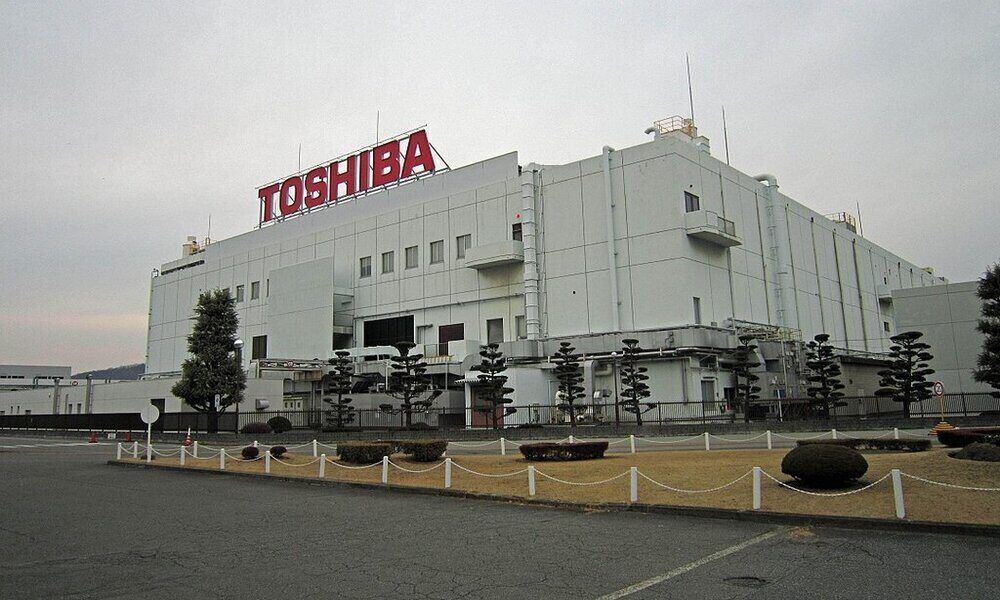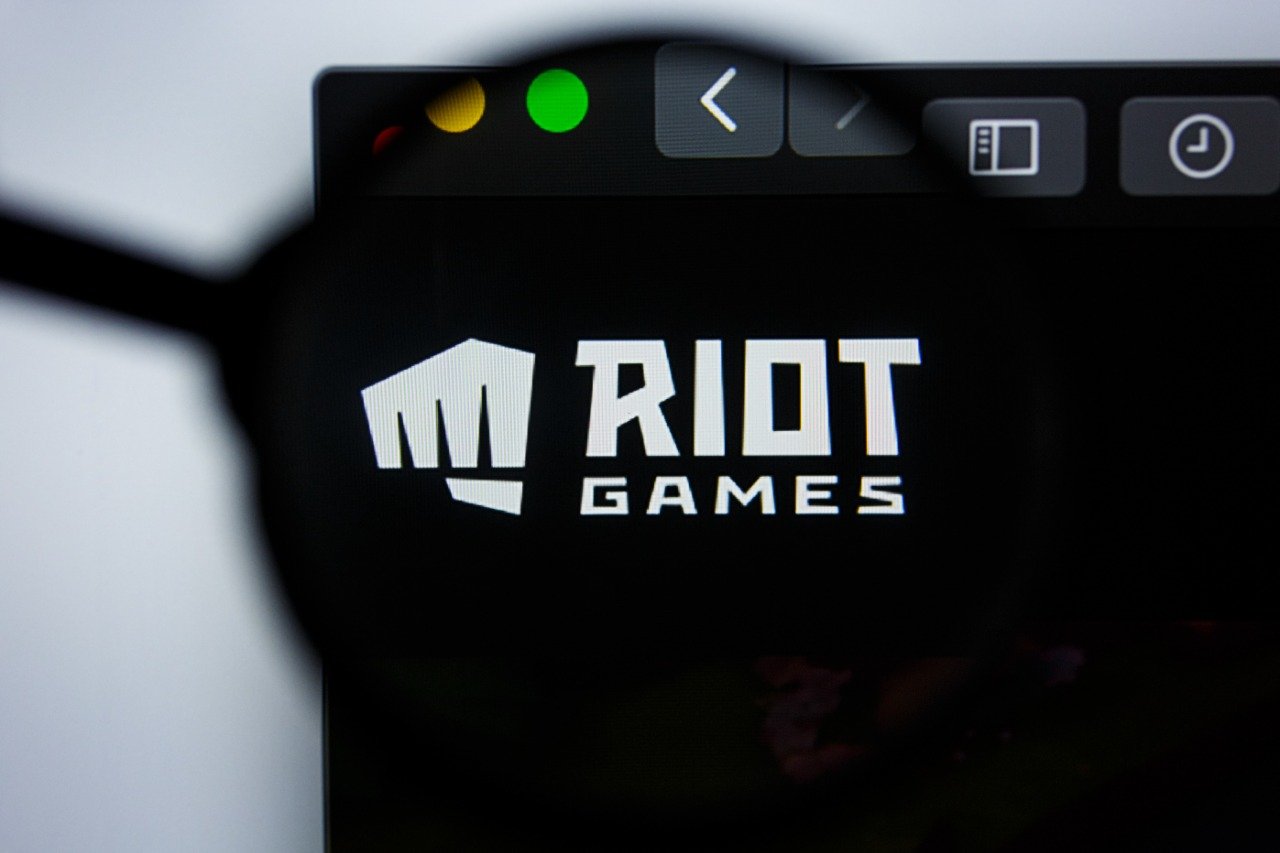
The inevitable has happened: Riot Games, owner of League of Legends, is suing developer Shanghai Moonton Technology Company. The reason? Riot believes the studio is taking advantage of its intellectual properties in releases involving the Mobile Legends series.
In this new lawsuit, the owner of LoLzinho states that Moonton is engaged in a “deliberate and sustained campaign to seize Riot’s highly valuable rights in the mobile game League of Legends: Wild Rift”.
But this is just another episode in a battle that began years ago.
Riot Games vs Shanghai Moonton
In 2017, Riot had already filed a similar lawsuit. At the time, the company claimed that Moonton “developed and distributed a succession of mobile games designed to trade Riot’s well-known and valuable intellectual property.”
The accusations went further and also accused the Chinese developer of masking this illegal activity. That’s because as soon as Riot Games notified Moonton, the studio removed the Mobile Legends: 5v5 MOBA game from the Play Store and soon after released a “new” title: Mobile Legends: Bang Bang.
This wouldn’t be a problem, if Bang Bang wasn’t pretty much the same game, but with minor changes.
“However, Mobile Legends: Bang Bang was not a new game, it was actually the exact same game as Mobile Legends: 5v5 MOBA, with some modest changes. This ‘hide the ball’ strategy was part of Moonton’s deliberate business plan designed to undermine Riot’s ability to protect its intellectual property. Meanwhile, while Moonton has received multiple infringement notices from Riot, he continues to infringe and profit from his infringement,” Riot said in the lawsuit.
League of Legends – Image: Reproduction/Morrolo
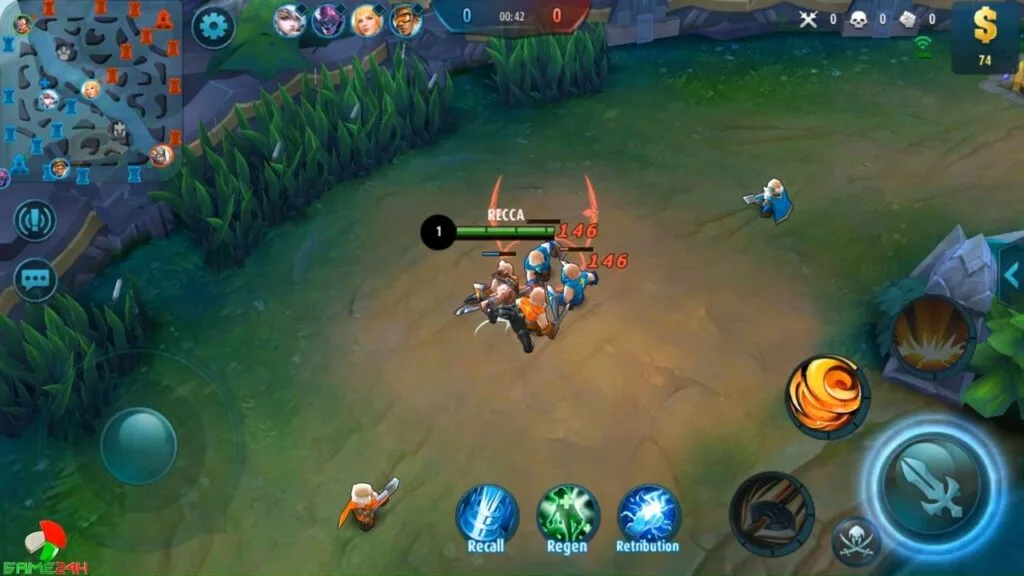
Mobile Legends: Bang Bang – Image: Reproduction/24hGames
The case was dropped after a California court ruled the matter would be better handled in China. Tencent, parent company of Riot Games, jumped in and won a judgment of US$ 2.9 million against Xu Zhenhua, CEO of Moonton.
However, Mobile Legends: Bang Bang remained (and still remains) available.
New developments
Because of this, Riot Games has again decided to enter a new legal battle with the Chinese studio. If before the accusations involved “only” LoL, now they also include League of Legends: Wild Rift, a mobile title released in late 2020. And, in fact, there is more behind it.
It’s not just the game itself that Moonton steals, according to Riot. The lawsuit alleges that the Mobile Legends developer also copied “promo materials, trailers, and even esports content” and made changes to the Mobile Legends: Bang Bang logo shortly after Riot changed the League of Legends logo.
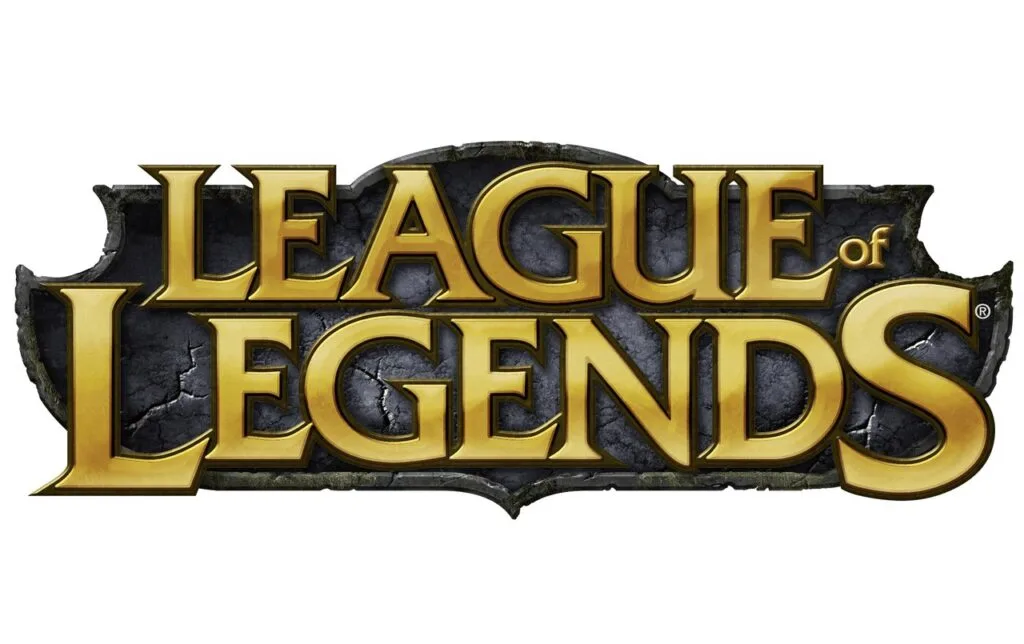
Former League of Legends logo – Image: Reproduction
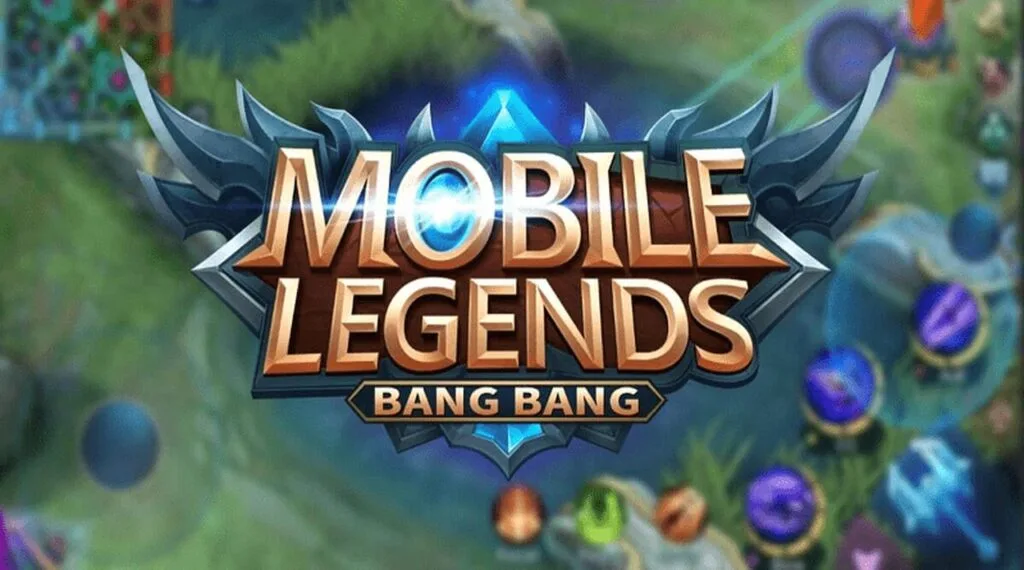
Old Mobile Legends: Bang Bang logo – Image: Reproduction
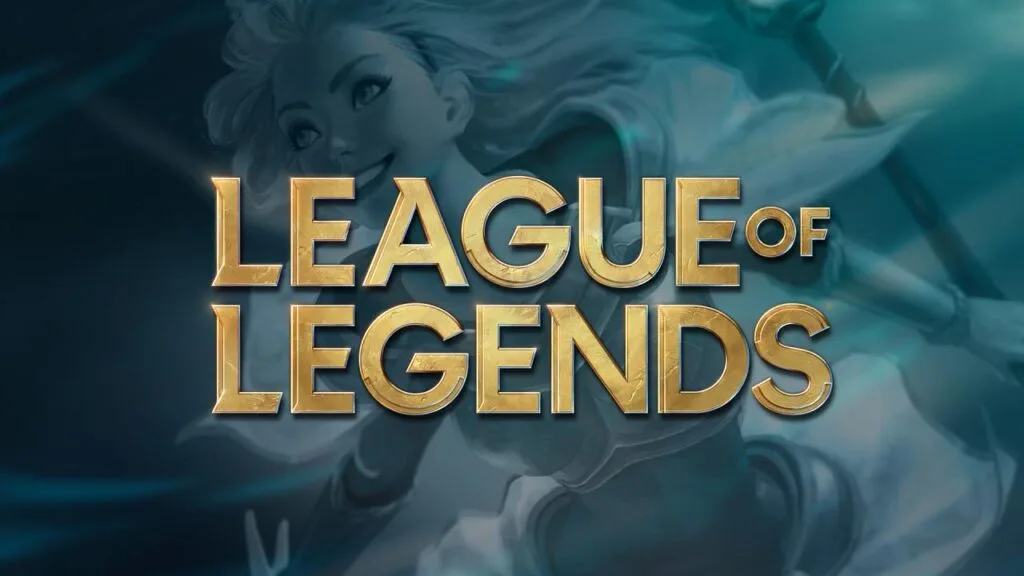
Current League of Legends logo – Image: Reproduction
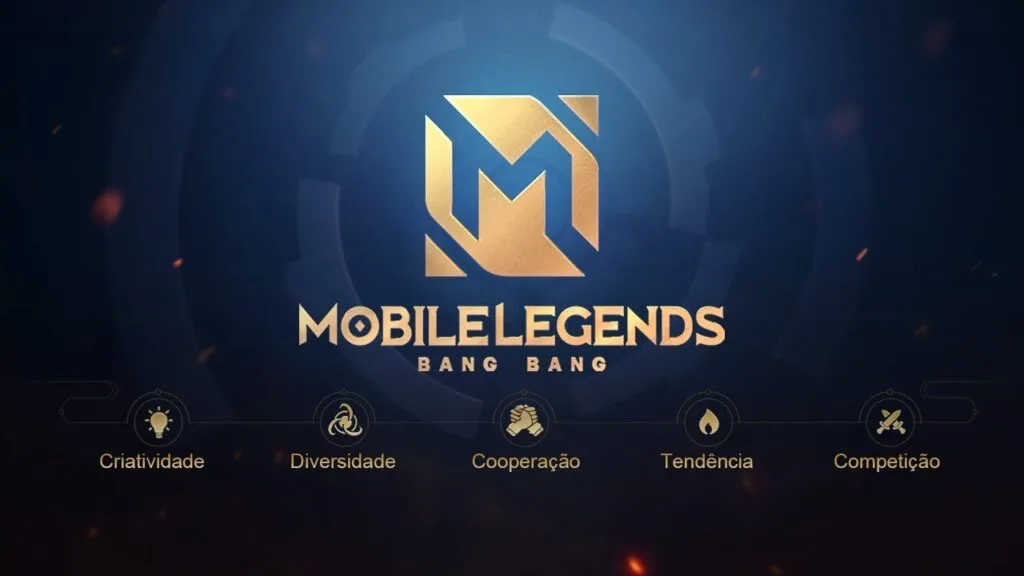
Current Mobile Legends: Bang Bang logo
In addition, the lawsuit also mentions suspicious similarities between characters originally seen in LoLzinho and heroes present in Moonton’s mobile game.
“Riot has invested and continues to invest significant time, money, resources, and creativity in developing, designing, promoting, and updating LoL, Wild Rift, and related content. Meanwhile, Moonton freely capitalizes on Riot’s investment. And Moonton is not encouraged to innovate and create original material as long as he continues to be able to copy from Riot. Allowing Moonton to continue to freely and unfairly profit from Riot’s creativity directly violates the goals of the Copyright Act and will undoubtedly prevent others from making a similar creative investment in the future.”
next chapters
In short, Riot Games seeks an injunction against Moonton for financial damages, including all proceeds from the infringement and legal costs.
It is uncertain whether the end of the story will have the same ending as five years ago. But the owner of LoLzinho seems really committed to moving forward to prevent League of Legends, Wild Rift and any other intellectual property from being exploited by other brands.
Via: PCWorld


